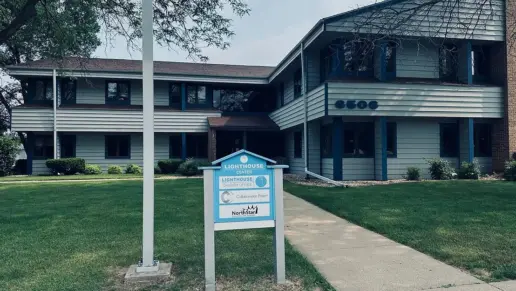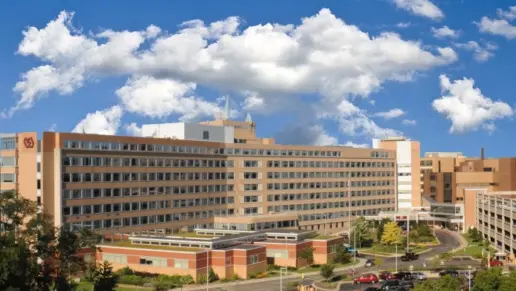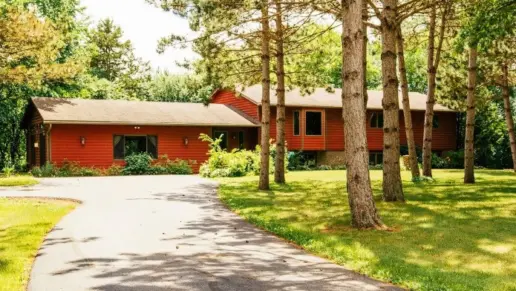Just be aware of this facility... once they take your money and refuse help due to health conditions of the person. They might just say that's how their business runs and they can not refund your money to find another rehab facility for another week or so. Think twice before ...
About Koinonia Residential Treatment Center
Koinonia Residential Treatment Center in Rhinelander, Wisconsin works with adults in a wilderness setting to treat them for alcohol and drug addiction. If you or your loved one are suffering from addiction to alcohol, benzos, stimulants like cocaine or meth, or opioids, they can help you recover. They’re a licensed treatment center with a campus that has 35 beds that sits on a 3 acre plot. They are coed but they do some gender specific groups.
If you decide to attend this program, you will stay on campus and follow a structured schedule. Your day will be filled with therapy groups, support groups, relapse prevention and wellness activities. Therapy groups include group, family, and individual sessions.
They have a special emphasis on education for the family members of people who attend this program that I find commendable. They set the expectation that the family of someone with an addiction will also have to make changes and they support family in making those changes.
They also have someone on staff who specializes in native and indigenous culture. If you have native heritage and want to integrate cultural and spiritual practices into your healing, they may be a good choice for you. They also have a sweat lodge and a smudging area.
They have more positive than negative reviews and many of their positive reviews are enthusiastic five star reviews. Those who had a good experience found the staff helpful and found what they learned useful in keeping them in recovery.
They accept limited insurance. They are likely out of network for most plans, but since they are a licensed treatment facility, you may be able to get some help if you are insured. You would want to talk to your insurance company ahead of time to determine what help they can give you. They don’t take Medicaid.
Facility Overview
Rehab Score
Gallery
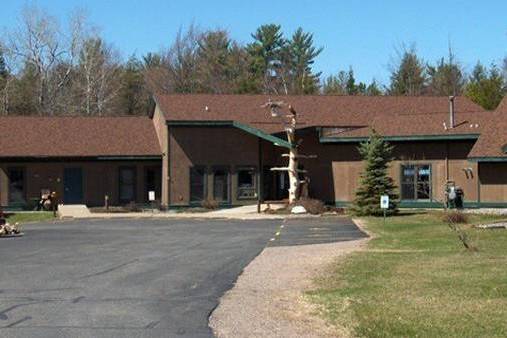
Location
Accepted Insurance
Other Forms of Payment
Private insurance refers to any kind of healthcare coverage that isn't from the state or federal government. This includes individual and family plans offered by an employer or purchased from the Insurance Marketplace. Every plan will have different requirements and out of pocket costs so be sure to get the full details before you start treatment.
Self-pay involves paying for treatment out of your own pocket. You can use savings or credit, get a personal loan, or receive help from family and friends to fund your treatment. If you don't have insurance or your insurance plan doesn't cover a specific program, self-pay can help ensure you still get the care you need.
Financial aid can take many forms. Centers may have grants or scholarships available to clients who meet eligibility requirements. Programs that receive SAMHSA grants may have financial aid available for those who need treatment as well. Grants and scholarships can help you pai for treatment without having to repay.
Addiction Treatments
Levels of Care
Treatments
The goal of treatment for alcoholism is abstinence. Those with poor social support, poor motivation, or psychiatric disorders tend to relapse within a few years of treatment. For these people, success is measured by longer periods of abstinence, reduced use of alcohol, better health, and improved social functioning. Recovery and Maintenance are usually based on 12 step programs and AA meetings.
The goal of drug rehab in Wisconsin is to address drug addiction as a complex issue that involves physical, mental, and relational aspects. During rehab, treatment focuses on each of these areas and gives you the tools you need to achieve and maintain sobriety.
Many of those suffering from addiction also suffer from mental or emotional illnesses like schizophrenia, bipolar disorder, depression, or anxiety disorders. Rehab and other substance abuse facilities treating those with a dual diagnosis or co-occurring disorder administer psychiatric treatment to address the person's mental health issue in addition to drug and alcohol rehabilitation.
Opioid rehabs specialize in supporting those recovering from opioid addiction. They treat those suffering from addiction to illegal opioids like heroin, as well as prescription drugs like oxycodone. These centers typically combine both physical as well as mental and emotional support to help stop addiction. Physical support often includes medical detox and subsequent medical support (including medication), and mental support includes in-depth therapy to address the underlying causes of addiction.
Substance rehabs focus on helping individuals recover from substance abuse, including alcohol and drug addiction (both illegal and prescription drugs). They often include the opportunity to engage in both individual as well as group therapy.
Programs


Clinical Services
As a form of substance use treatment, cognitive behavioral therapy in Wisconsin offers several advantages. The duration of this talk therapy is typically 20 sessions or less, so it can be more affordable, with quicker results. It's also offered in multiple formats, so it can be tailored to meet individual needs.
Group therapy is any therapeutic work that happens in a group (not one-on-one). There are a number of different group therapy modalities, including support groups, experiential therapy, psycho-education, and more. Group therapy involves treatment as well as processing interaction between group members.
Individual therapy offers you a tailored approach to treat drug addiction. This focuses on your unique needs and offers you personalized support outside of a group setting. You begin to understand what triggers your addictive behavior and develop coping skills that can support your recovery.
When conducting motivational interviewing in Wisconsin, therapists engage with their clients as equal partners. They don't provide unsolicited advice or confront clients. Instead, they ask questions and listen, with the goal of empowering clients to recognize any need for change and their ability to make those changes.
During couples therapy, you will engage in activities that promote forgiveness, healthy communication, and understanding. You'll receive "homework" to practice these skills during the week between sessions. Couples therapy typically lasts around 12 weeks.
One focus of family therapy is to create a network for the individual in recovery. Families must identify dysfunctional patterns and develop healthier ways of interacting. This can significantly improve their loved one's treatment outcome.
Amenities
-
Residential Setting
-
Private Rooms
Staff & Accreditations
Staff
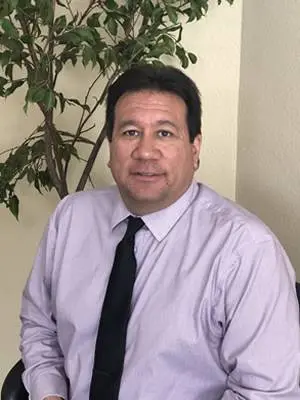
Director of Operations
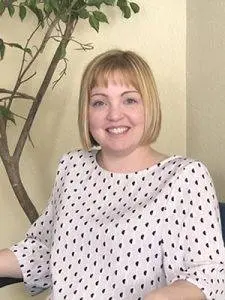
Director of Client Services
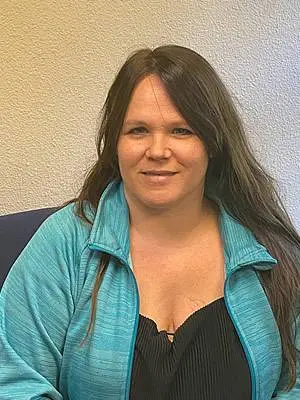
Manager
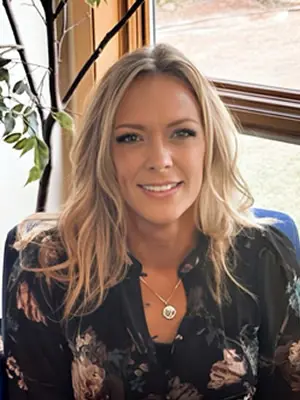
Admissions Coordinator
Accreditations

State Licenses are permits issued by government agencies that allow rehab organizations to conduct business legally within a certain geographical area. Typically, the kind of program a rehab facility offers, along with its physical location, determines which licenses are required to operate legally.
State License: Wisconsin
Contact Information
1991 E Winnebago St
Rhinelander, WI 54501





